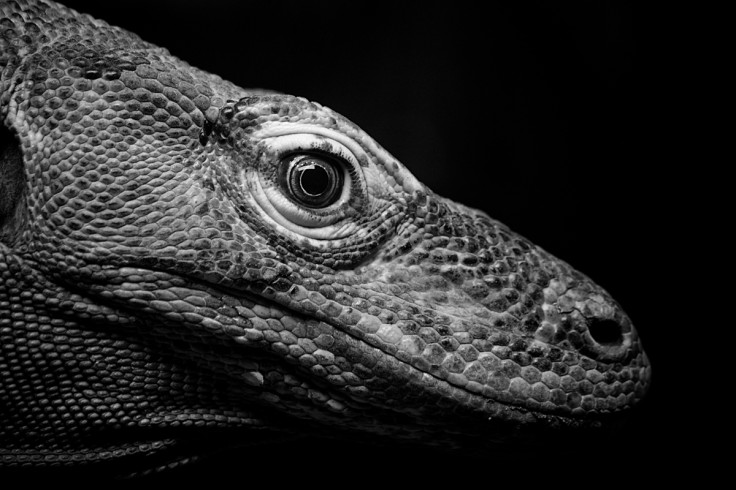Venom of the fearsome Komodo dragon could be used to treat blood clots
Komodo dragon venom holds great medical potential, but the species is vulnerable to extinction.

The crippling venom of the Komodo dragon has been found to be a promising potential treatment for blood clots, a new study finds.
The venom of snakes is an active field of medical research, with scientists hoping to find everything from treatments for heart attacks and cancer to painkillers. But we have barely scratched the surface of what medical advances lizard venom could bring about.
Researchers at the University of Queensland in Australia have studied the venoms of 16 species of monitor lizard, including the famous Komodo dragon, publishing their findings in a study in the journal Toxins.
The researchers analysed the teeth of the lizards and studied the evolution of a range of venom components before looking into their specific functions.
"We now know that far more lizards are venomous than previously thought," study author Bryan Fry said in a statement.
The venom of many monitor lizard species acted on the blood clotting protein fibrinogen. This protein is made in the liver, and normally helps wound healing and the inflammation response. Blood clotting can lead to stroke, heart attack or pulmonary embolism.
Several different Komodo dragon venoms act on the fibrinogen pathway at different points. Whether or not any of these venom components that act on fibrinogen can be isolated and used therapeutically is not yet known, and would require much more research. But identifying the activity on fibrinogen is a first step towards a potential agent to prevent or treat clotting.
"The idea of using venoms to create medication is not new, as has been exhibited by snake venom being used to treat high blood pressure and cone snail venom being used to treat pain.
"By investigating the actions of lizard venoms, we can potentially use them to disrupt life-threatening blood clots, and turn these compounds into life-saving drugs."
Several species of monitor lizard - including Komodo dragons - are vulnerable or endangered species. The medical potential of their venom is "a great example of why we need to conserve all of nature", Fry concluded.
© Copyright IBTimes 2025. All rights reserved.





















